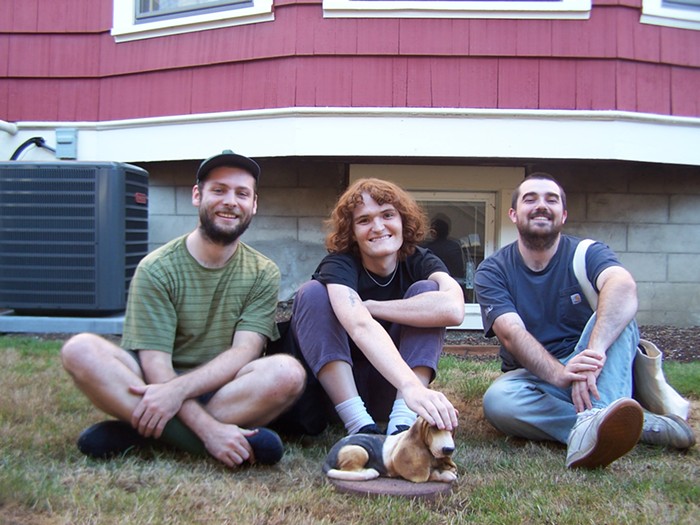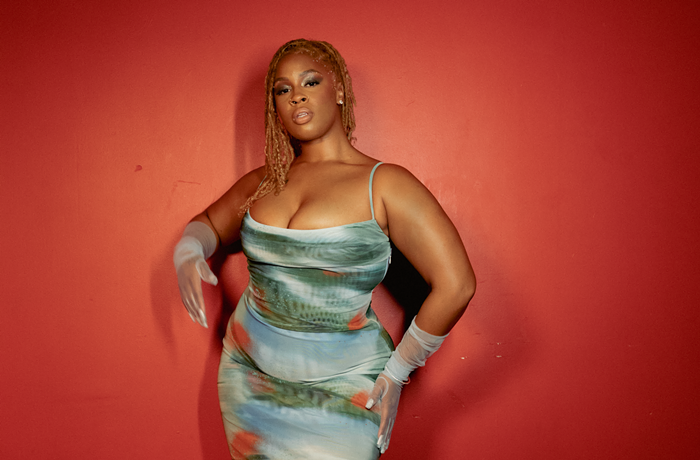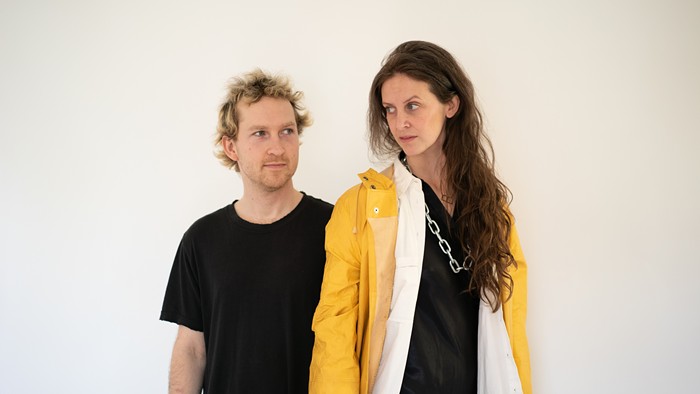For as long as I live, I will never understand how the Thermals got away with 2006's The Body, The Blood, The Machine. The record was a conceptually precise grand statement of rock music as a raised fist of populist unrest, swinging squarely for the gaping jaw of the Bush administration and the religious doctrine that fueled it. And it was gloriously written and performed by a bunch of perpetual fuckups.
Of course, I mean that in the nicest way possible, but the Thermals were never supposed to be that band. A bratty Portland act signed to Sub Pop after a half-dozen shows, the Thermals basked in the simplicity of their own underdog anthems at a time when Portland music was earning a reputation as the serious front for artistic expression—from the "will change your life" importance of their labelmates the Shins to the emergence of M. Ward's bedroom intimacies. They even had a theme song ("Everything Thermals") where their stoner manifesto was proudly declared: "The Thermals don't need drugs to have a good time/The Thermals need drugs just to stay alive." The Minutemen ended up as untouchable rock gods, so it was the Thermals who were the band that actually could be your life.
So how did this band go from mangled pop anthems about weed to confronting the Bush Doctrine and challenging Jesus to a spirited round of bare-knuckled fisticuffs? They grew the fuck up. Frontman Hutch Harris and longtime bassist Kathy Foster are impossibly close, forging a musical partnership that has stretched close to 15 years, seeing the pair go from music-obsessed teenagers to the foundation of one of pop music's most inspiring bands. Explains Harris, "Kathy and I came from the same place, we're both the same age, both grew up in the Bay Area, and while our taste isn't identical, we think about music the same way." This united growth has seen Foster and Harris emerging from their cuddly twee roots as Hutch and Kathy to the Thermals' reckless early days, and most recently to the band's fine new recording, Now We Can See.
On Now We Can See, their Kill Rock Stars debut, Harris dies. A lot. Like Portland's very own Bud Cort in Harold and Maude, Harris spills plenty of ink writing and obsessing over his own grisly demise, wasting little time with opener "When I Died," followed by "We Were Sick" (sample lyric: "Stuck a fork, we were done"). The morbid trifecta is completed with "I Let it Go," where death comes courtesy of a lovesick drowning in an unforgiving sea. Chalk this up to a fictional curiosity—despite Harris' lyrical killing spree, the music of the Thermals is perpetually upbeat—or the feeling of invincibility that must come with fighting God (and winning) on The Body, the Blood, the Machine. And while this might help him avoid a heavenly smiting, Now We Can See is an entirely different record for the Thermals. "We were starting to get known as, like, a political band," Harris admits. "I don't consider us to be a political band, and I don't consider myself political. It was a piece of fiction, that record."
Now We Can See is built upon the same dark lyrical material as their previous recording, but is the product of a band in a much better—if not comfortable—place. Westin Glass has filled their long-running drum kit vacancy, and new songs like the squealing "When We Were Alive" and their bubblegum sing-along single "Now We Can See," are easily two of the band's best songs to date. Now if Harris can just stay alive long enough to enjoy it all.



















